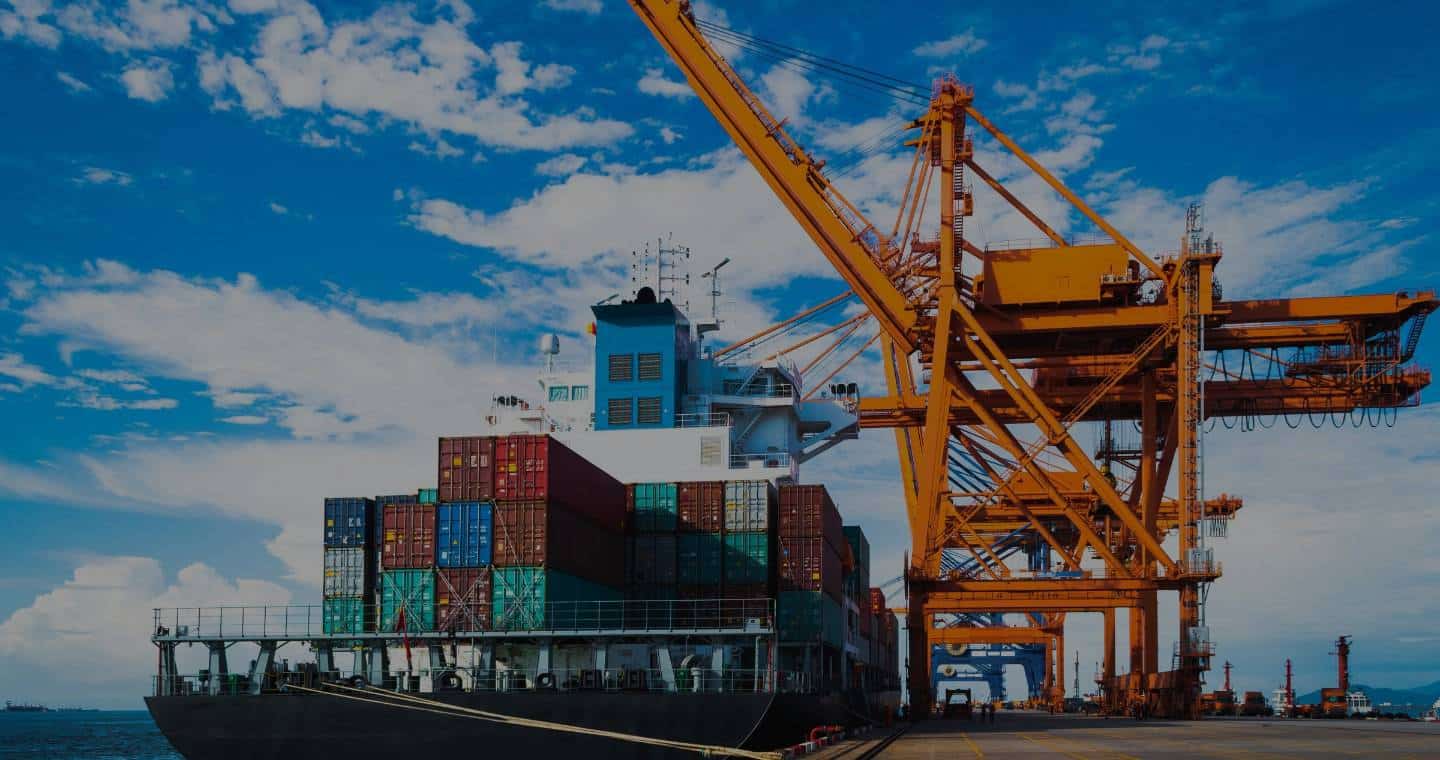A true expert in cost management , this Transition Manager in Logistics and Purchasing defines or applies the purchasing policy for a limited period. Apart from this time factor, the responsibilities of a Transition Purchasing and Supply Chain Manager are substantially identical to those of the Director who holds the position on a permanent basis. Reactive Executive puts you in contact with this executive who knows everything about the development of competition, product innovation, variations in exchange rates or relocations.
Interim management missions are motivated by specific elements or missions such as:
- The replacement of a Director
- Management of a turnaround strategy due to turnaround, restructuring, site closure, etc.
- A transformation project with digital transformation , a merger or a change of business model
- A development project with the opening of a site, the launch of a new product line or an establishment abroad
The functions of a Transition Purchasing and Supply Chain Director are multiple
We can cite :
- Define and manage the company’s purchasing policy
- Set cost, quality and time optimization objectives
- Define procedures for purchasing services and products
- Develop technical specifications
- Prepare tenders and select appropriate suppliers
- Negotiate pricing and terms with suppliers
- Ensure the delivery of goods to the departments concerned
- Define activity indicators
The function of Transition Purchasing and Supply Chain Manager involves rapid adaptation to the position. Regular contact with the Heads of other departments and a great ability to listen will be necessary to complete a cross-functional intervention.
Reactive Executive introduces you to the Transition Purchasing and Supply Chain Director you are looking for to replace the absence of the Head of the position or to take charge of a particular mission. This experienced executive has excellent skills in the areas of Logistics, Production techniques, Raw Materials Supply and other routine purchases. He will invest not only in overhauling purchasing processes, optimizing costs, reallocating resources, analyzing investments, but also in making use of human skills. He will be able to react to complex problems (non-operational supplier, transport crisis, etc.), anticipate difficulties while following his objectives: synchronizing the various functions and tasks (upstream and downstream of production), securing the supply, guarantee cost reduction.





